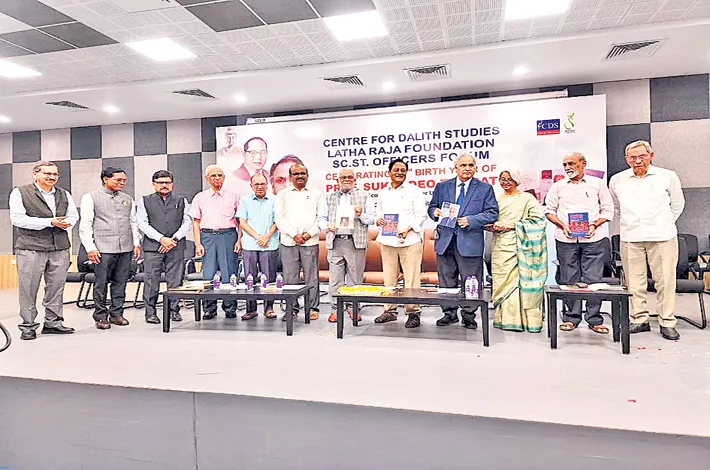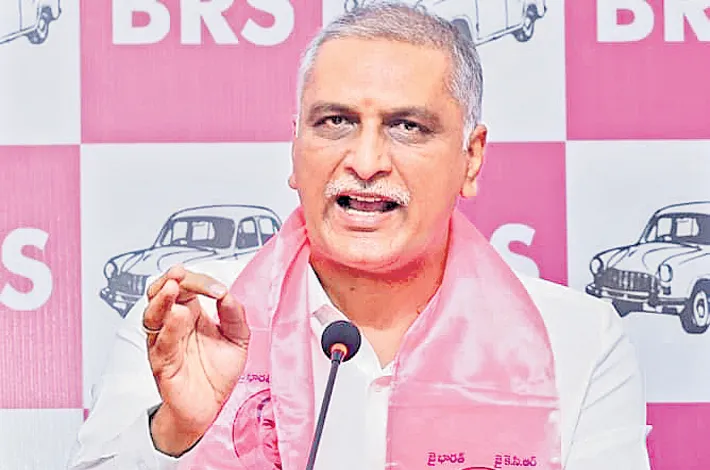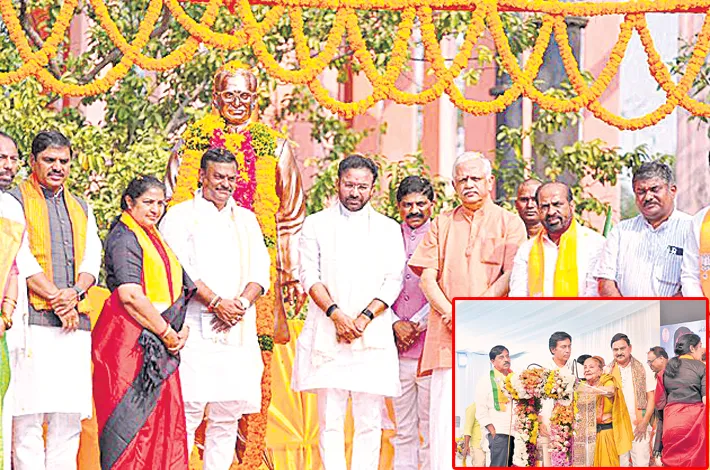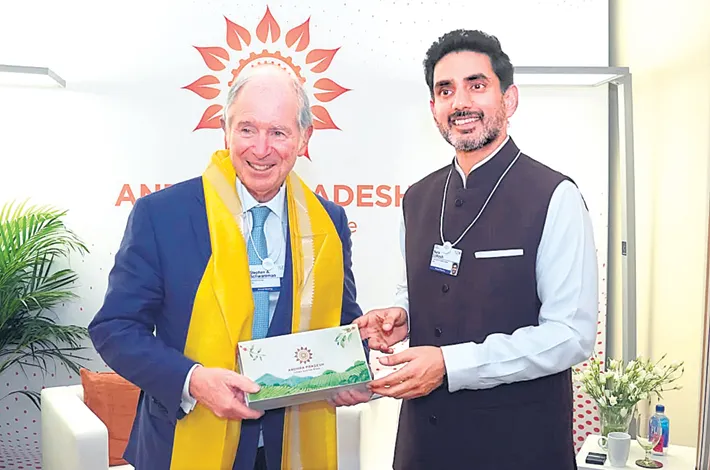CDS honours Prof. Sukhdeo Thorat at 75
17-11-2025 12:00:00 AM

Metro India News | Hyderabad
The Centre for Dalit Studies (CDS), in collaboration with the Latha Raja Foundation and the SC-ST Officers Forum, organised a special programme to mark the 75th Birth Year of eminent economist, educationist, and social thinker Prof. Sukhdeo Thorat here on Sunday. The event, titled “A Life of Ideas: Unveiling Three Scholarly Gems in Honour of Prof. Sukhdeo Thorat,” witnessed a confluence of scholars who deliberated and discussed his influential works in his presence.
Addressing the gathering, Former Supreme Court Judge Justice Sudarshan Reddy said that Prof. Thorat’s journey has been extraordinary and quoted Julies Ceasar to compare his rise-“from nowhere to up there,” shaped by resilience, intellectual courage, and a relentless fight against caste discrimination. He highlighted Prof. Thorat’s key findings on discrimination in welfare programmes such as MGNREGA, where Dalits were frequently the last to receive employment and were often assigned the toughest tasks. He pointed out that in a neoliberal economic environment, with capital and power concentrated among dominant groups, the absence of private sector reservations exposes Dalits to deeper vulnerabilities. He noted that although public infrastructure is meant to deliver equitable support, in practice it is often utilised for individual or sectional advantage.
Calling for urgent policy intervention, Justice Reddy appealed to Mallepalli Laxmaiah, Chairperson, CDS to frame a resolution demanding reservations in private sector employment and stronger anti-discrimination protections. He endorsed Prof. Thorat’s suggestions such as establishing procurement support centres for Dalit farmers, entrepreneurs, and small industrialists, stressing that bias continues even in the purchase of goods produced by Dalits. He also underlined the need for reservations in outsourced and temporary government jobs to prevent indirect exclusion and reduce widening inequalities.
Justice Reddy remarked that while many economists analyse trends, very few operate as “policy scientists,” offering practical and impactful solutions that can change lives. In this respect, he said, Prof. Thorat stands out for his unwavering commitment to actionable reforms.
Speaking on his book ‘Economic Casteism’ Prof D Narsimha Reddy said that the book presents compelling evidence of ongoing discrimination faced by Dalits in employment and agricultural labour. Wage cuts, delayed payments, and unequal access to water and food during work continue to affect daily life. Nearly one-fourth of workers surveyed reported lower wages compared to others for the same work. The book calls for strong policy interventions to eliminate economic casteism.
Prof. V S Prasad while discussing ‘Confronting Caste Exclusion’ explained the path from discrimination to exclusion and ultimately to poverty. Drawing on theories of Gary Becker and Amartya Sen, Thorat examines the “taste for discrimination,” unfavourable inclusion, and exclusion across sectors. The book documents bias in renting houses, selling vegetables, and everyday market interactions. Thorat proposes remedies rooted in redistribution, education, and recognition of current social realities.
Dr P V Ramesh, IAS (Retd) delivered an inspiring account of ‘Voyage of an Academic and Social Thinker’ describing the work as a pioneering research on caste and markets, his role as UGC Chairman in expanding inclusive education, and his lifelong commitment to social justice.








